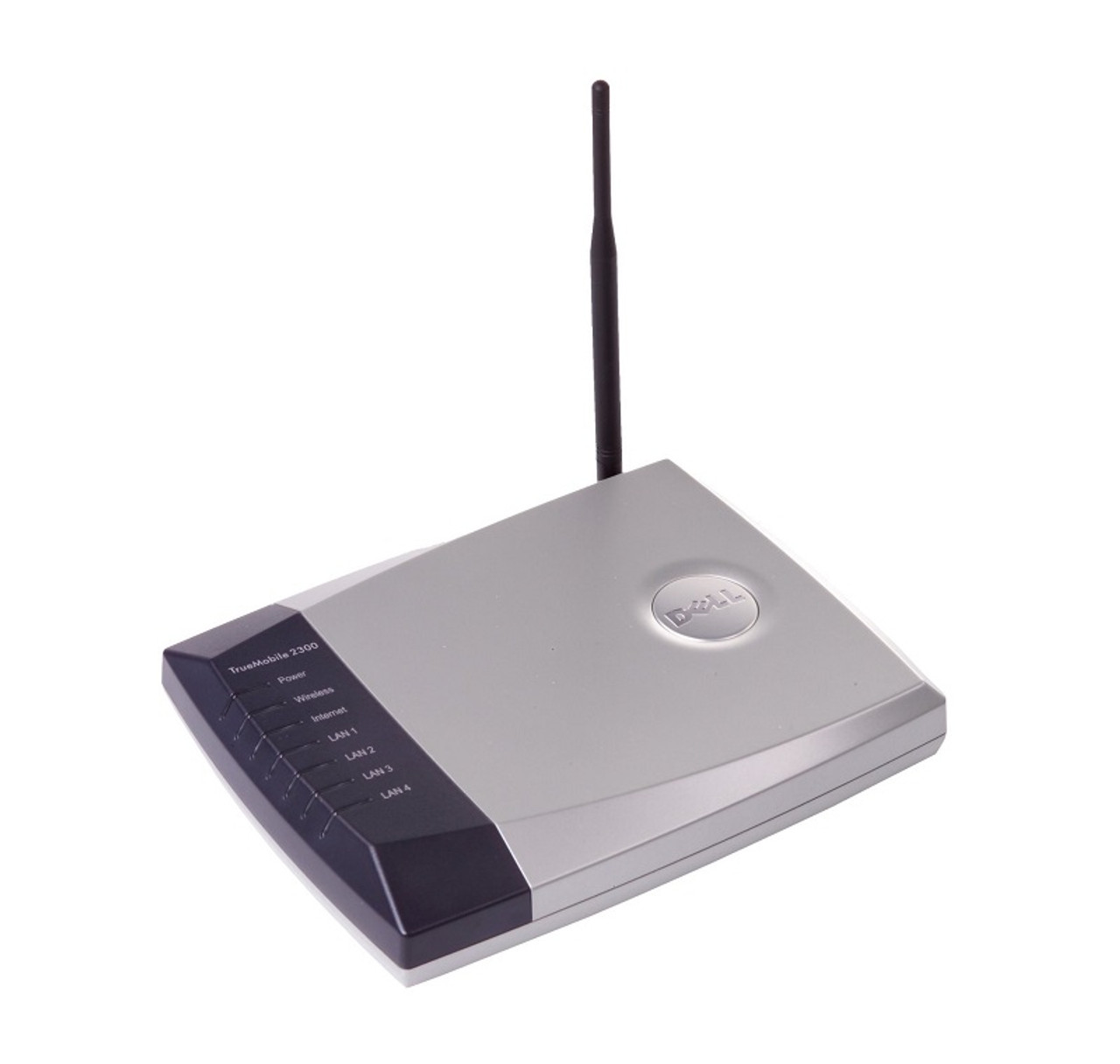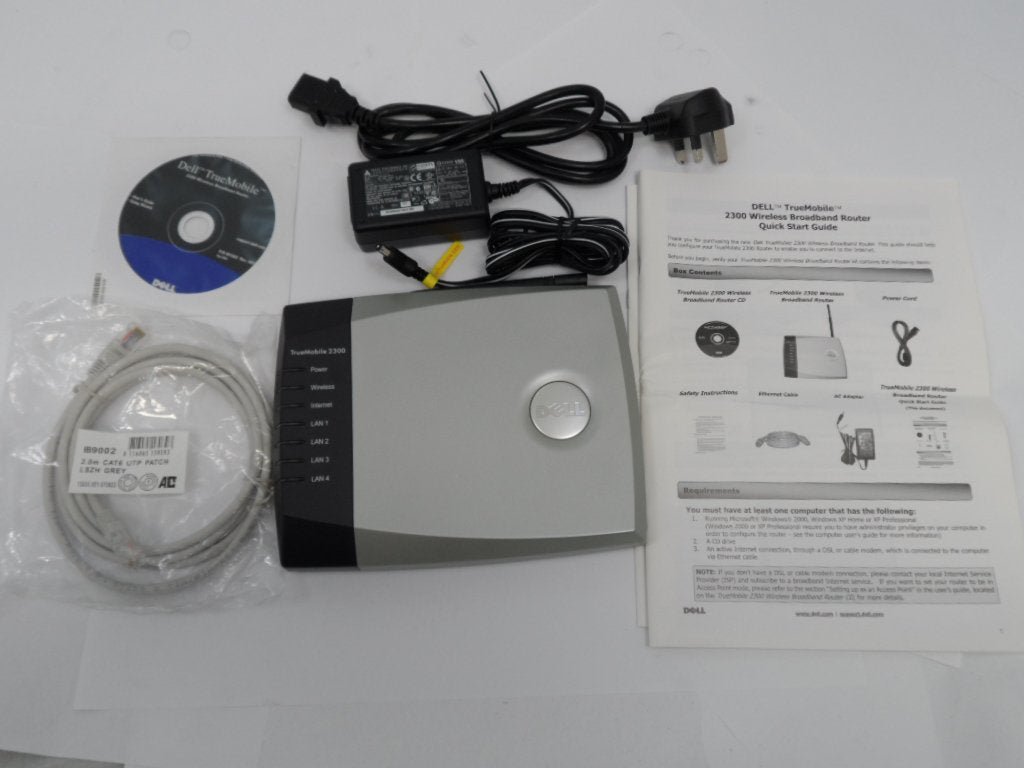
R920401G DELL TrueMobile 2300 Wireless Broadband Router User Manual WX-5565D_QSG.PDF Gemtek Technology

Wireless Bridging DellTrueMobile2300WirelessBroadbandRouters Dell TrueMobile 2300 Wireless Broadband Routers With Two / Three Raghavendra K.N Rao. - ppt download
R920401G DELL TrueMobile 2300 Wireless Broadband Router User Manual WX-5565D_QSG.PDF Gemtek Technology

Wireless Bridging DellTrueMobile2300WirelessBroadbandRouters Dell TrueMobile 2300 Wireless Broadband Routers With Two / Three Raghavendra K.N Rao. - ppt download






















